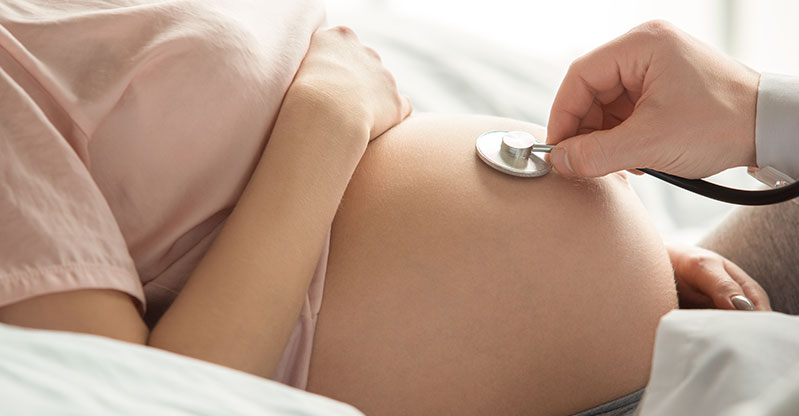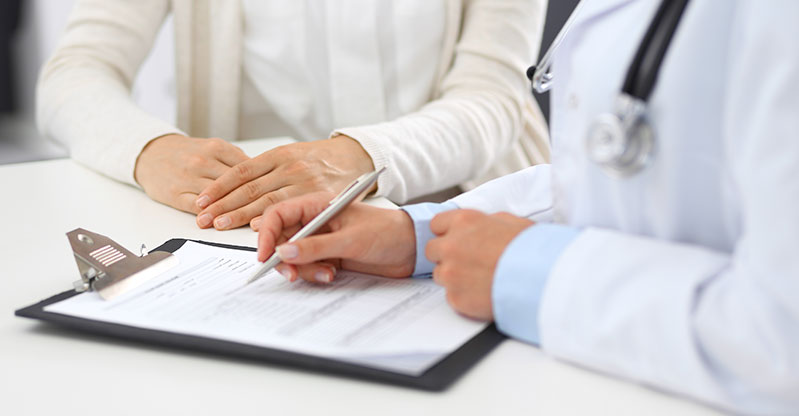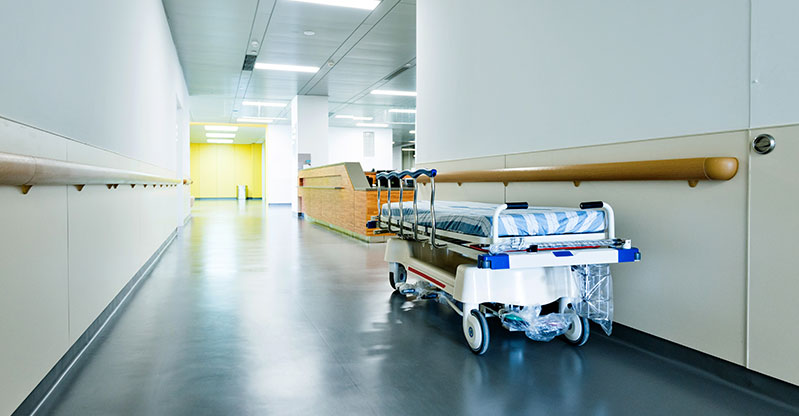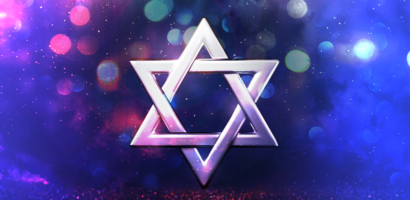In Jewish tradition, instead of saying “Cheers” when we drink, we say “LeChayim”. There’s no doubt you’ve heard this before. But, what does “LeChayim” mean? Just like the Fiddler on the roof said, it means “To life”.
Yes, in Jewish tradition, the most important thing is life. But in order to live a long, good one, we must be healthy, right? This is what this Hebrew vocabulary article is about… health.
Do you know how to go to the doctor in Hebrew? Or how to say “medicine”? Or, do you know how to look for a specialist in the Israeli health system? Well, in this blog post we are going to teach you another section of Hebrew vocabulary: We are going to give you 8 Hebrew words about health, doctors, and medicine.
Are you ready? Feeling well? Great! Here we go…
Hebrew words about health, medicine, and doctors
Israel has a public health system that works very well. All Israelis have access to this system, being able to choose between a number of health providers like Clalit or Maccabi, among others. In case of an emergency, almost every city has at least one hospital where you can go, if necessary.
The idea of this short vocabulary article is to show you how to say a number of different health-related words in Hebrew. We hope you don’t ever need to use them, but in case you do… you should be prepared. In the meantime, follow the advice your Yiddish mamma would give you and take a sweater with you… you never know when it will get colder.
Take some notes, here are some health-related Hebrew words just for you!
Doctor: Doctor in Hebrew is רופא (pronounced: roh-pheh), and even if some of them are not the friendliest people you’ll ever meet, they are very well prepared and extremely professional. Most Israeli doctors tend not to exaggerate and look for a fast and efficient solution to solve whatever problem you have. Even if “doctor” is רופא in Hebrew, you can still call them “doctor”… they will understand and it is a very common thing to do.

Gynecologist: Remember when we gave you Hebrew words about pregnancy? Well, in case you are in need of a gynecologist in Israel, you should know what to ask for when making an appointment. Gynecologist in Hebrew is רופא נשים, which literally means “women’s doctor” and it is pronounced “roh-pheh nah-sheem”. You can find some that are more oriented to natural therapies and some others that follow a more traditional line. It is up to you! What we can guarantee is that, you can definitely find one you like.

Pediatrician: There’s nothing worse than seeing your little guys having a bad time, with a high fever (חום גבוה, pronounced: chom gah-voh-ah) and feeling sick. If you need to take your children to a pediatrician either to check how much they’ve grown, or to cure the cold that has been bothering them, you need to know how to ask for one. This title follows the same logic as the previous one… can you guess? Pediatrician in Hebrew is רופא ילדים (pronounced: roh-pheh yeh-lah-deem) and it literally means “children’s doctor”. Easy to remember, isn’t it?

Pain: A very important word. Pain in Hebrew is כאב and it is pronounced keh-ev. If something hurts, just mix this word with the part of your גוף that hurts, and let your רופא know about it. If the כאב comes back again and again, stop everything you are doing and go straight to the חדר מיון (we will explain what this is in just a moment).

Medicine: Medicine in Hebrew is תרופה (pronounced: troo-phah), and you can get some at the nearest pharmacy (we talked about this Hebrew word in a previous article). In Israel, the most well-known medicine is the “Akamol” (something like the local Aspirin), and no matter what you have or where your כאב is, Israeli doctors will most likely recommend this. For specific types of medicines, you’ll need a prescription… even if you don’t need it in your country. Save some time arguing with the pharmacist and just bring the prescription with you, in case you need it.

Subscribe to our newsletter
Learn Hebrew slang, take a virtual tour across Israel, discover the best local food and so much more
Prescription: As we were saying before… Prescription is מרשם (pronounced: meer-sham), and in case you have doubts if you need it or not, we absolutely recommend you bring it to the pharmacy. We don’t want you to waste your time, or your health. Be careful and remember: Even if you don’t need it in your country, you might need it in Israel in order to get exactly the same תרופה.

Emergency Room: We hope you don’t need to go there! In Hebrew, Emergency Room is חדר מיון (pronounced: che-der me-oon) and there is one in every single hospital in Israel. Come with time, because you’ll have to wait a bit… or more than just a bit.

Hospital: Can you guess how to say “Hospital” in Hebrew? Think simple! Hospital in Hebrew is בית חולים, which literally means “House of the Sick People”, and it is pronounced “Bayt Cho-leem”. Almost every big city has at least one of them, and it is very easy to find your way there since all the streets have signs indicating where they are. In case you didn’t know, the Hadassah Hospital in Jerusalem has a set of windows painted by Chagall in the synagogue inside the Hospital… it is totally worth a visit.

Be healthy and learn some Hebrew
It is the ideal time to be healthy, and to learn some Hebrew. In the online Hebrew courses offered by Rosen School of Hebrew, you’ll master this ancient language, and you’ll learn how to speak and interact with a number of different Israelis on your next visit to Israel.
Learning Hebrew has never been more fun and engaging. Start your Hebrew adventure today, you won’t regret it!










